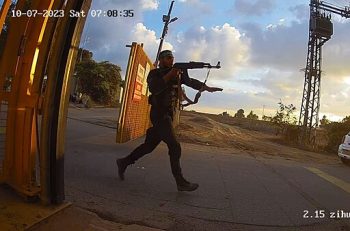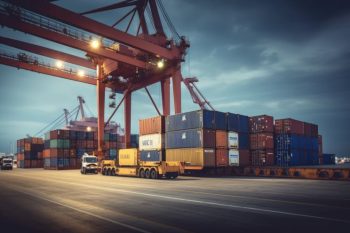UN: Landmine toll still high amid concerns over COVID-19 impact on clearance efforts
GEÓ NewsTeam 4 years agoThousands of people continue to be killed and injured every year by landmines and explosive weapons in conflicts around the world, while the COVID-19 pandemic has forced mine-clearance efforts to be scaled back, a UN-backed civil society report on the issue said on Thursday.According to the Landmine Monitor 2020, more than 80 per cent of the world – 164 countries – have adopted the Mine Ban Treaty 23 years after it was drafted and signed, and most of the 33 countries that are not bound by it, comply nonetheless.
About Iain Fraser
Geopolitical Journalist & Risk Analyst based in Málaga City, Spain. Currently interim CIO at Argus News Group and Editor at GEOPoliticalMatters.com as well as being an authority contributor to many leading websites and magazines across the Defence, Cybercrime & European Political sectors. More at https://iainfraserjournalist.blogspot.com or on LinkedIn
Author
-

Broadcasting Daily from Gibraltar Newsroom our dedicated desk editors and newsdesk team of Professional Journalists and Staff Writers work hand in hand with our established network of highly respected Correspondents & regional/sector specialist Analysts strategically located around the Globe (HUMINT) Our individual Desk Editors all have specific subject authority as Journalists, Researchers and Analysts covering AI, Autonomous Transport, Banking & Finance Technology, Cybersecurity, GeoCrime, Defence 3.0, Energy & Renewables, BioEconomy and Transport & Logistics. Contact the NewsTeam at [email protected]
View all posts










